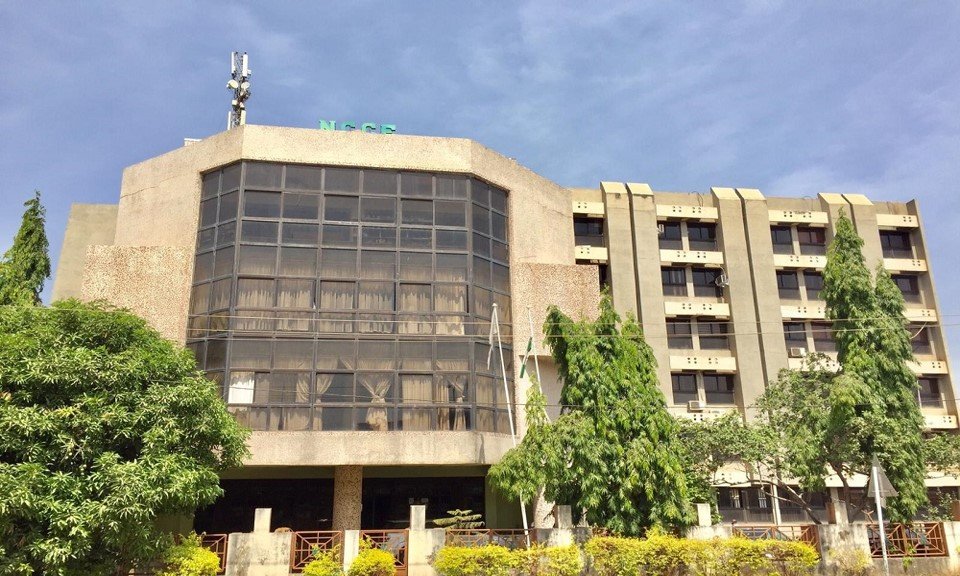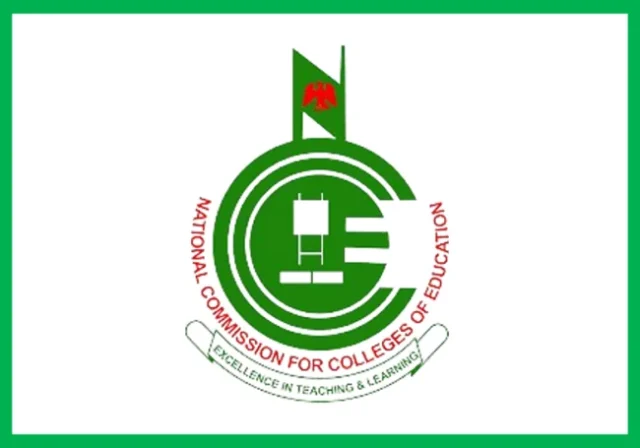The National Commission for Colleges of Education (NCCE) has taken a decisive step toward modernising teacher education in Nigeria. In a landmark move, the commission rolled out state-of-the-art technology tools and launched a comprehensive review of curricula across all colleges of education nationwide. This initiative is aimed at equipping future educators with the digital competencies and pedagogical skills necessary to thrive in Nigeria’s rapidly evolving educational landscape.
Table of Contents

Modernising Teacher Training with Technology
For years, Nigeria’s colleges of education have faced challenges in integrating technology into their teaching methods. Limited access to modern tools, outdated curricula, and insufficient training have hindered the ability of trainee teachers to adopt contemporary classroom strategies. Recognising this gap, the NCCE has committed resources to bridge it.
During a recent launch ceremony attended by key stakeholders in Abuja, the NCCE unveiled a suite of digital learning tools, including interactive projectors, virtual classroom platforms, and educational software tailored to Nigerian classrooms. The commission emphasised that these tools are not just about technology but about transforming the teaching and learning experience.
“Education is evolving globally, and we must ensure our teachers are not left behind. These tools will empower our trainee teachers to harness digital technologies for more effective and engaging lessons,” said the Executive Secretary of the NCCE, stressing the importance of integrating practical technology skills into teacher training.

A Comprehensive Curriculum Overhaul
Alongside the introduction of new tools, the NCCE has embarked on a rigorous curriculum review. The commission aims to align teacher education programs with contemporary educational standards, global best practices, and the dynamic needs of Nigerian students. This review is set to address both content and delivery methods, ensuring that the next generation of teachers is well-prepared to handle 21st-century classrooms.
The curriculum overhaul will cover core teaching subjects, assessment strategies, and digital literacy components. Particular attention is being given to STEM (Science, Technology, Engineering, and Mathematics) education, which has become increasingly critical in a technology-driven world. By integrating ICT and pedagogical innovation into the curriculum, the NCCE hopes to produce teachers who are not only knowledgeable but also adaptable and creative in their approach.
Education experts have lauded this move, noting that a modernised curriculum can significantly impact learning outcomes in Nigerian schools. “Updating the curriculum is essential. It ensures that our educators are equipped with relevant skills and knowledge that directly translate into improved student performance,” remarked a leading education consultant in Lagos.
Challenges and Opportunities
While the initiative has been widely welcomed, it is not without challenges. Many colleges face infrastructural deficits, and there is a need for continuous professional development to ensure educators can effectively utilise the new technology. Additionally, securing adequate funding for sustained implementation remains a concern.
However, the NCCE remains optimistic. Plans are underway to provide training workshops for lecturers and staff, ensuring that they can integrate technology seamlessly into their teaching methods. The commission also intends to collaborate with tech companies, both local and international, to provide ongoing support and updates for the digital tools.
The introduction of technology and curriculum review presents a unique opportunity for Nigeria to redefine teacher education. By equipping educators with modern skills and knowledge, the initiative promises to enhance the quality of instruction, improve student engagement, and foster a culture of lifelong learning.

Looking Ahead: A New Era for Nigerian Education
The NCCE’s bold move signals the beginning of a transformative era in Nigerian education. As colleges implement the new technology tools and revised curriculum, there is hope that students across the nation will benefit from improved teaching standards and more innovative learning experiences.
Stakeholders have called for sustained commitment from all levels of government, educational institutions, and the private sector to support this transformation. With proper execution, the integration of technology and curriculum review could position Nigeria as a leader in innovative teacher education in Africa.
In conclusion, the NCCE’s efforts underscore the importance of evolving educational practices to meet contemporary demands. By combining digital tools with a forward-looking curriculum, Nigeria’s colleges of education are set to produce teachers capable of inspiring and nurturing the next generation of learners in a rapidly changing world.
Join Our Social Media Channels:
WhatsApp: NaijaEyes
Facebook: NaijaEyes
Twitter: NaijaEyes
Instagram: NaijaEyes
TikTok: NaijaEyes
READ THE LATEST EDUCATION NEWS





